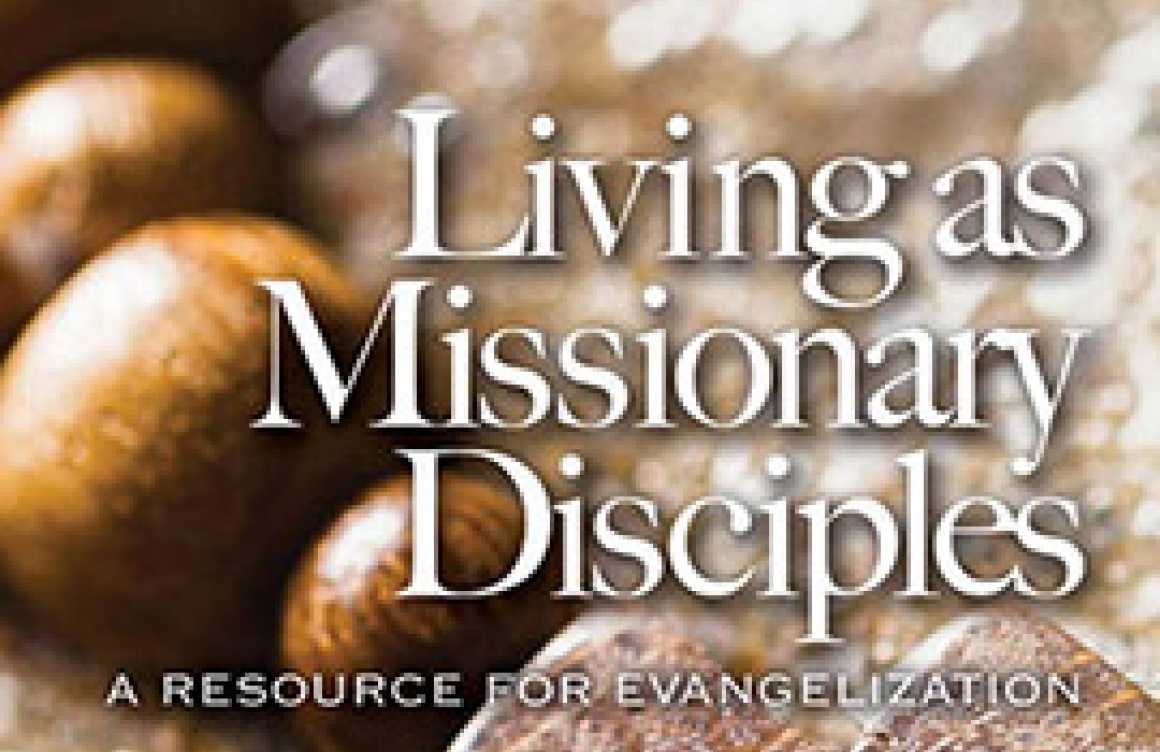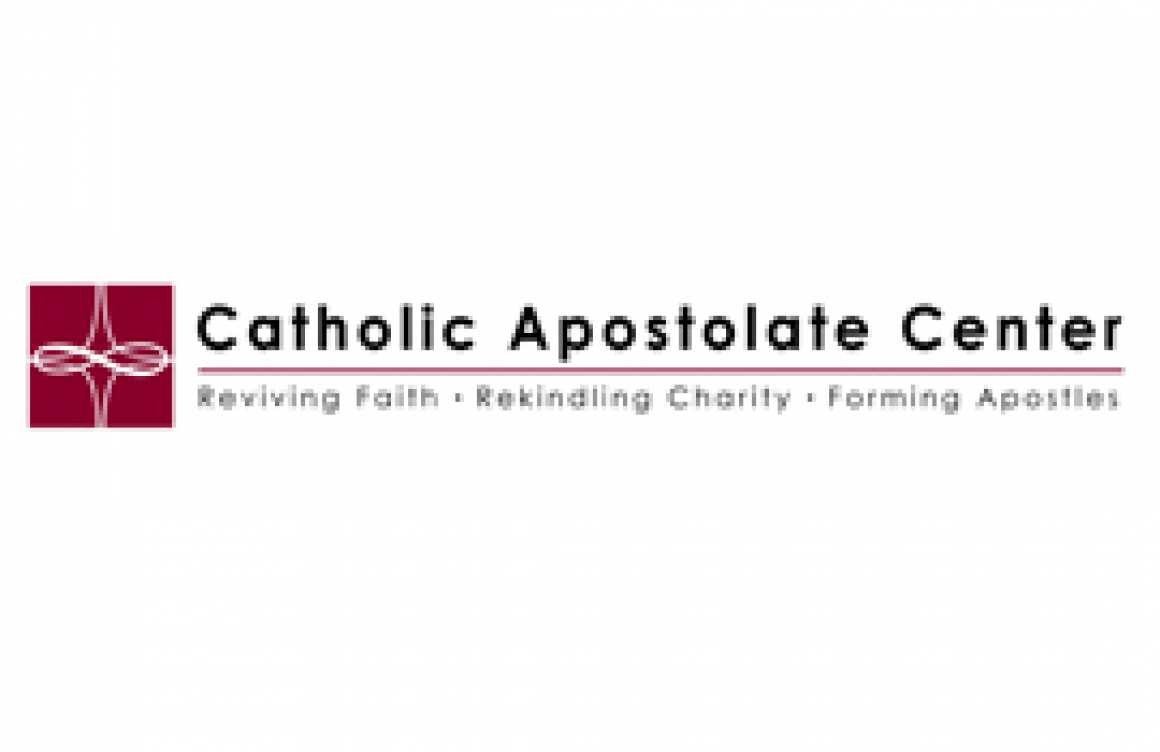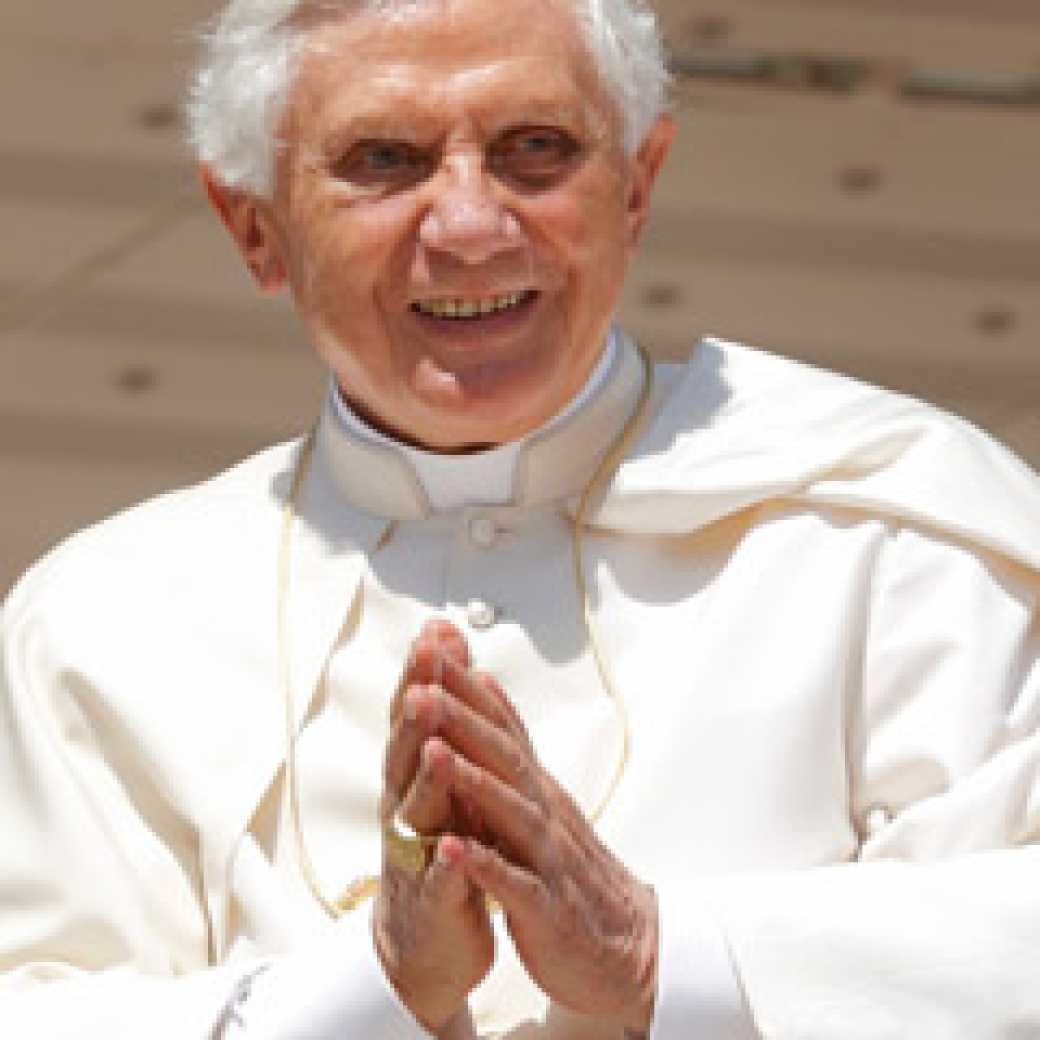Why Do We Evangelize?
Excerpt from Go and Make Disciples: A National Plan and Strategy for Catholic Evangelization in the United States.
We must evangelize because the Lord Jesus commanded us to do so. He gave the Church the unending task of evangelizing as a restless power, to stir and to stimulate all its actions until all nations have heard his Good News and until every person has become his disciple.
The Lord commanded us to evangelize because salvation is offered to every person in him. More than a holy figure or a prophet, Jesus is God's Word, God's "very imprint," the power and wisdom of God. He is our Savior. Becoming like us and accepting our human nature, he addresses in himself, in his death and resurrection, the brokenness of our lives. He suffers through our sin; he feels our pain; he knows the thirst of our death; he accepts the limits of our human life so that he might bring us beyond those limits. "[H]e humbled himself, becoming obedient to death, even death on a cross. Because of this, God greatly exalted him! . . ." Taking on our death as Savior, Jesus was raised to life. In Christ, all can come to know that the sin, the coldness, the indifference, the despair, and the doubt of our lives are overcome by God's taking on our human nature and leading us to new life. In him, and him alone, is the promise of resurrection and new life.
How Do We Evangelize?
Excerpt from Go and Make Disciples: A National Plan and Strategy for Catholic Evangelization in the United States.
Witness, which is the simple living of the faith; and sharing, which is spreading the Good News of Jesus in an explicit way.
We cannot really talk about the "ordinary" life of the Church because all of it is the graced gift of the Holy Spirit. Yet there are familiar ways by which evangelization happens: by the way we live God's love in our daily life; by the love, example, and support people give each other; by the ways parents pass faith on to their children; in our life as Church, through the proclamation of the Word and the wholehearted celebration of the saving deeds of Jesus; in renewal efforts of local and national scope; in the care we show to those most in need; and in the ways we go about our work, share with our neighbors, and treat the stranger. In daily life, family members evangelize each other; men and women, their future spouses; and workers, their fellow employees, by the simple lives of faith they lead. Through the ordinary patterns of our Catholic life, the Holy Spirit brings about conversion and a new life in Christ.
Here, there are two elements at work: witness, which is the simple living of the faith; and sharing, which is spreading the Good News of Jesus in an explicit way.
What is Evangelization?
Excerpt from Go and Make Disciples: A National Plan and Strategy for Catholic Evangelization in the United States.
"Go and make disciples of all nations, baptizing them in the name of the Father, and of the Son, and of the Holy Spirit, teaching them to observe all that I have commanded you." Mt 28: 19-2
The simplest way to say what evangelization means is to follow Pope Paul VI, whose message Evangelii Nuntiandi (On Evangelization in the Modern World) has inspired so much recent thought and activity in the Church. We can rephrase his words to say that evangelizing means bringing the Good News of Jesus into every human situation and seeking to convert individuals and society by the divine power of the Gospel itself. At its essence are the proclamation of salvation in Jesus Christ and the response of a person in faith, which are both works of the Spirit of God.
Evangelization must always be directly connected to the Lord Jesus Christ. "There is no true evangelization if the name, the teaching, the life, the promises, the Kingdom and the mystery of Jesus of Nazareth, the Son of God are not proclaimed.




